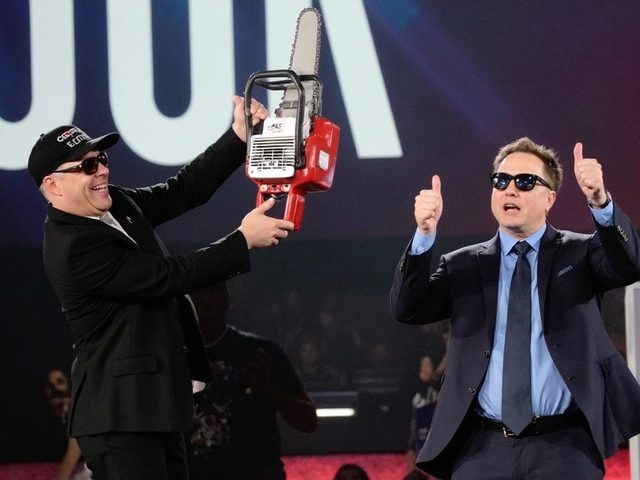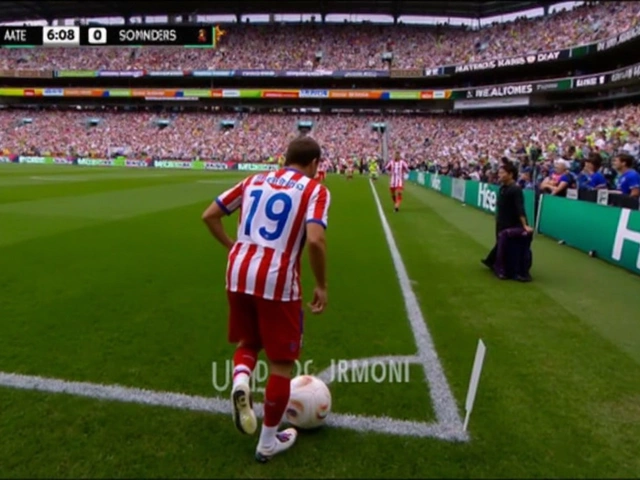Buying Used Cars Made Easy
Thinking about a used car? You don’t need to be a car expert to find a reliable ride. All you need is a short plan, a little patience, and a few questions that keep you from costly mistakes. Below you’ll see a simple checklist and some everyday tricks that work for most buyers.
What to check before you buy
First, look at the car’s history. A quick report from a service like HPI or a free MOT check tells you if the vehicle has been in an accident, has outstanding finance, or has high mileage that doesn’t match the odometer. Next, give the exterior a once‑over: rust, mismatched paint, and uneven panel gaps can signal hidden damage.
Pop the hood and sniff the engine. Fresh oil, no burnt smell, and clean hoses are good signs. Run the engine at idle and listen for rough knocking or ticking. A test drive is non‑negotiable – pay attention to steering response, brakes, and any vibrations that feel out of place.
How to get the best deal
Negotiation is easier when you know the market. Check listings for similar models, ages, and mileages to gauge a fair price. Use that data as leverage; if a dealer lists a car higher than average, point it out and ask for a discount.
Don’t forget about financing. A short‑term loan with a low APR saves you money over a long, high‑interest loan. If you have a good credit score, ask your bank for a pre‑approval before you walk into a dealership – it shows you’re serious and gives you bargaining power.
Finally, think about extra costs. Insurance, road tax, and a possible service after purchase can add up. Some sellers offer a limited warranty or a free service, which is worth tossing into the negotiation.
By following this checklist, you can walk away with a car that runs well, fits your budget, and won’t surprise you with hidden fees. Remember, the goal is to feel confident that you’ve done your homework and got a fair deal.
Got a specific model in mind? Use these steps for any make – from a compact hatchback to a family SUV – and you’ll stay on top of the process. Happy hunting, and enjoy the freedom that comes with a fresh set of wheels.

In my experience, the brand can significantly impact your decision when buying a used car. A car's brand often indicates its reliability, resale value, and the availability of spare parts. However, other factors such as the vehicle's condition, mileage, and maintenance history are just as crucial. While opting for a reputable brand can offer some assurance, it's essential to remember that a well-maintained used car, regardless of brand, can still be a good buy. So, while brand matters, it shouldn't be the only factor in your decision.
Continue Reading





